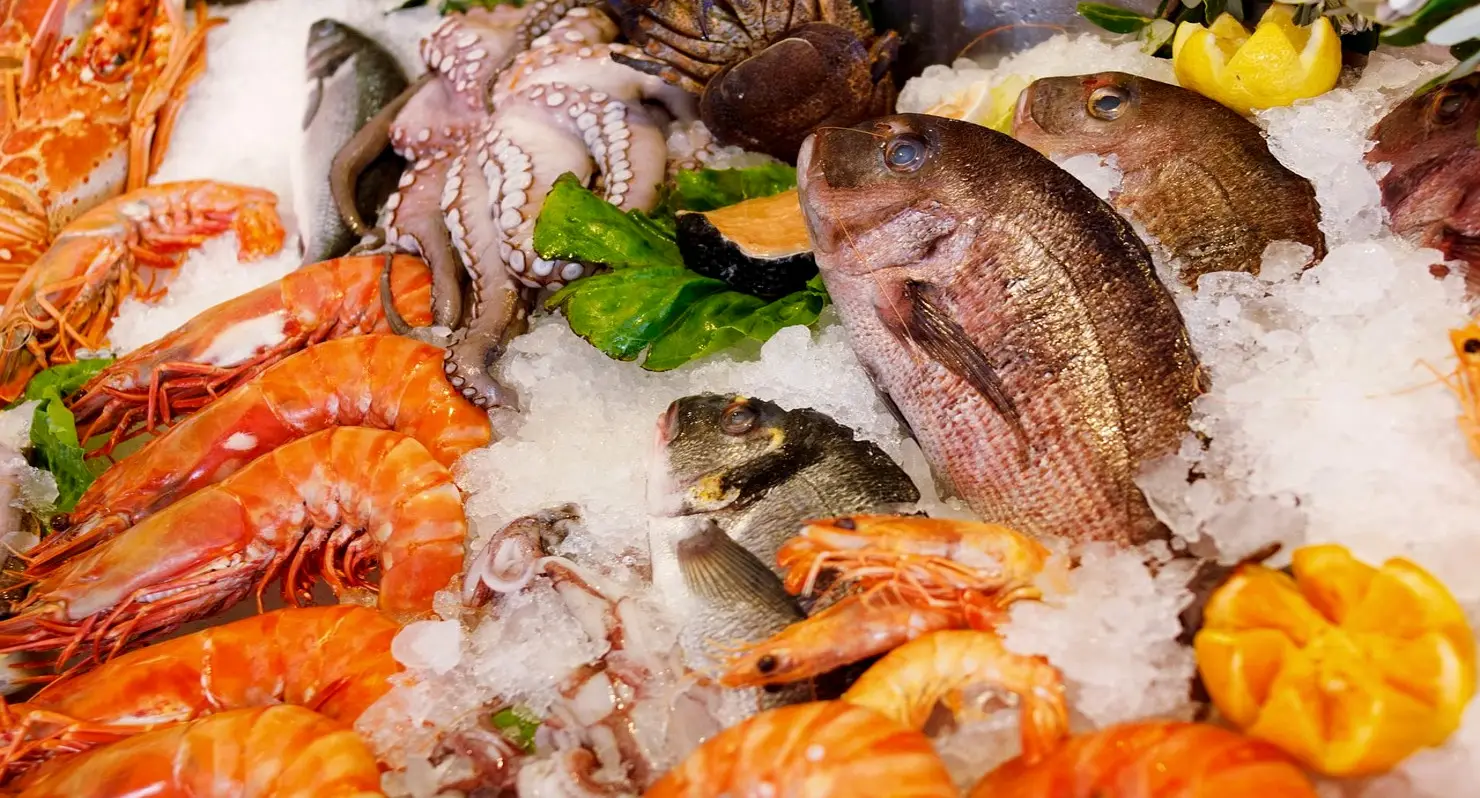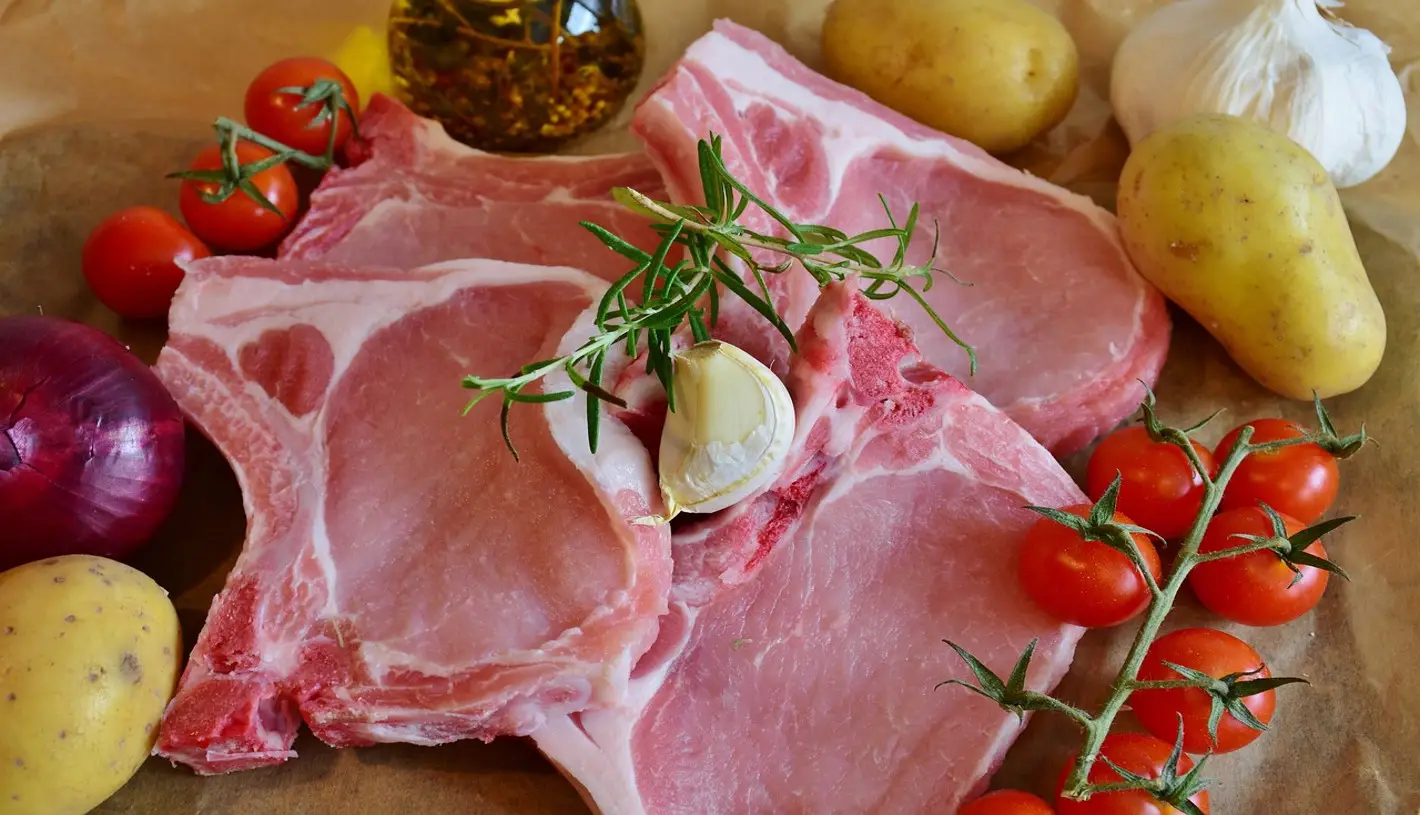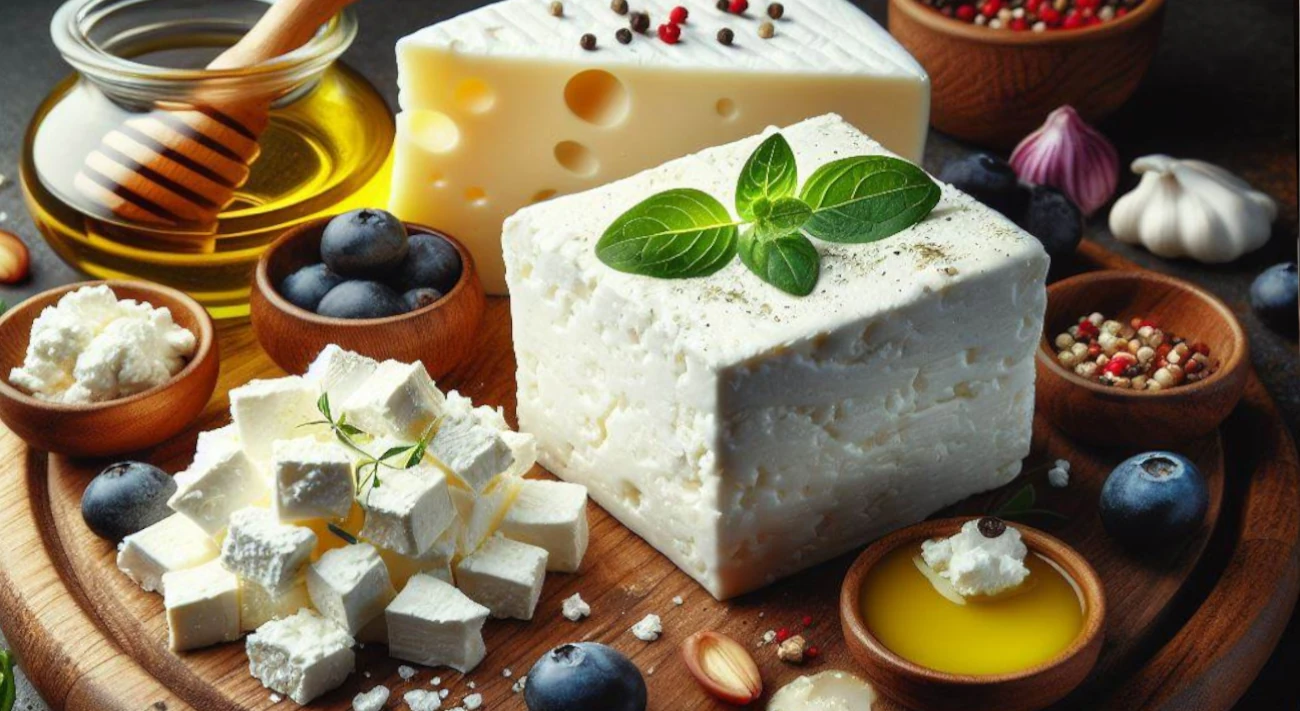Squid Lysine and Arginine Info Sheet
Overview
Squid is a type of mollusk that is often used in seafood dishes. It has a firm texture and a mild flavor.Squid is a low-fat, high-protein food that’s rich in several key nutrients, including vitamin B12, zinc, and copper.
| Name | Lysine (mg/100g) | Arginine (mg/100g) | Ratio |
|---|---|---|---|
| Squid | 1310mg | 1290mg | 1.015 |
Squid contains 1310mg of Lysine and 1290mg of Arginine per 100g of product.
This means Squid has a neutral Lysine-Arginine ratio of 1.015.
Because Squid has a neutral ratio of lysine and arginine, it does not have a significant impact on people who suffer from herpes, as it does not affect the viral activity.
Lysine Considerations
Squid is a good source of lysine, an essential amino acid that plays a key role in protein synthesis, hormone production, and the absorption of calcium.
Lysine can help prevent or treat cold sores, which are blisters caused by the virus HSV-1, also known as herpes.
Lysine works by blocking the growth of HSV-1, which needs another amino acid called arginine to multiply and infect cells.
Lysine can only be obtained through diet, and can be found in multiple high-protein foods like milk and cheese, fish, eggs, meat and poultry.
Arginine Considerations
Squid is also a good source of arginine, an amino acid that is involved in several metabolic processes and is important for heart and immune system functions.
Arginine can contribute to cold sore outbreaks, which are blisters caused by the HSV-1 virus, also known as herpes.
Arginine aids in the growth of HSV-1, which needs this particular amino acid to multiply and infect cells.
Arginine can be obtained through our diet, and is found in different high-protein foods such as nuts, seeds, and chocolate.
Regrettably, the herpes virus is known to "feed" on arginine, and a diet high in arginine compared to lysine may increase the frequency and severity of cold sores and herpes outbreaks.
Lysine-Arginine Ratio
Squid has a balanced lysine-arginine ratio, which means it provides a good balance of these two essential amino acids.
Eating squid won't affect the overall lysine-arginine ratio in your diet and is unlikely to have an effect on herpes outbreaks.
The herpes simplex virus, which causes oral and genital herpes, needs arginine to multiply and infect cells.
Lysine, on the other hand, can interfere with the absorption of arginine in the intestine, and thus limit the availability of arginine for the virus.
By eating a diet higher in lysine than arginine, one may be able to prevent or treat herpes flare-ups.
Foods that have a high lysine-arginine ratio include milk, cheese and yogurt, fish, poultry, fruits, and vegetables.
These foods can supply the body with sufficient lysine to compete with arginine and inhibit the virus from replicating and causing symptoms.
Dietary Considerations
Like most animal products, seafood is rich in lysine and not very high in arginine.
Eating seafood can help boost the immune system and fight off herpes infections.
Seafood also contains iodine, selenium, and zinc, which are essential for thyroid function and skin health.
Oysters, shrimp, and snails are some of the seafood that have the highest lysine to arginine ratio.

For instance:
A diverse and nutritious diet that supports your immune system and fights inflammation is essential.
This means you should eat lots of fruits, vegetables, whole grains, lean protein, and healthy fats, and steer clear of processed foods, added sugars, alcohol, and caffeine, which can harm your health.
Drinking enough water to keep yourself hydrated and remove toxins from your body.
Water can also help prevent dryness and irritation of the skin and mucous membranes, which can result in fewer outbreaks.
L-lysine supplementscan help you prevent herpes outbreaks and stop a cold sore before it develops by depriving the virus of arginine, which it needs to form a cold sore.
Other food supplements, such as vitamin C, zinc, selenium, and antioxidants, can help you boost your immunity and protect your cells from oxidative stress.
Avoiding foods that can cause allergic reactions or sensitivities, such as gluten, dairy, nuts, eggs, or shellfish.
These foods can trigger inflammation and weaken your immune system, making you more susceptible to outbreaks.
Pain, swelling, and itching can be reduced by eating foods that have anti-inflammatory, antiviral, and antibacterial properties, such as honey, yogurt, aloe vera, and chamomile.
These foods can also help you heal faster by promoting tissue repair.
Check more food information






